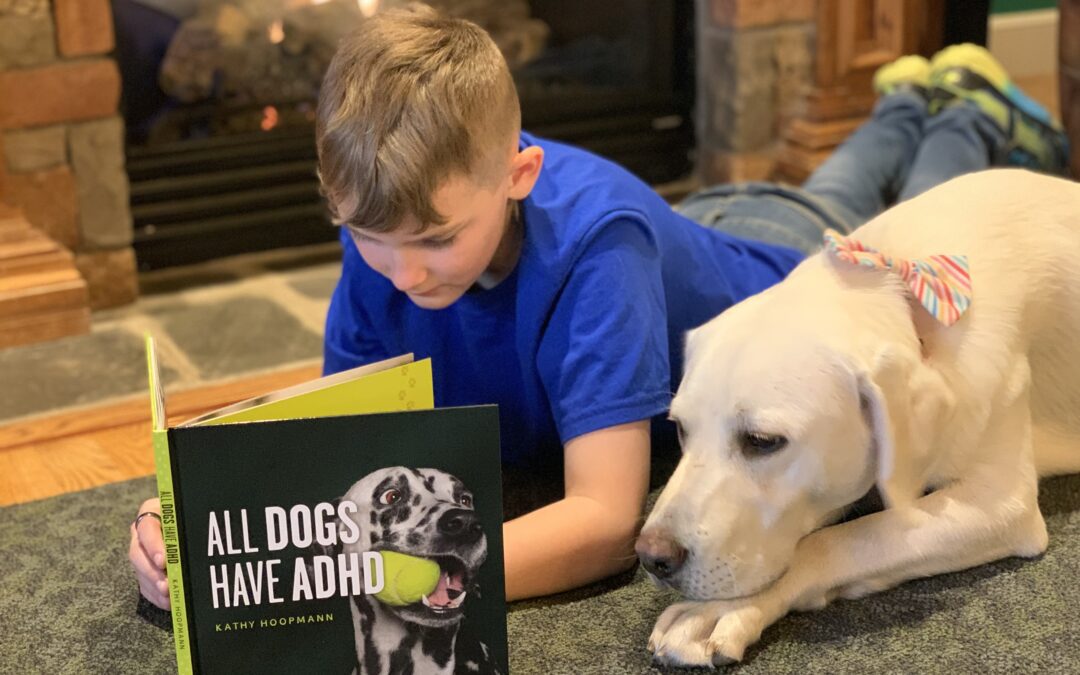It’s time to tell our story. Our son Stapleton’s story.
And to best do this, to really share our journey, we’ve chosen to chunk our timeline into milestones and to insert Stapleton’s own feelings about his struggles as he reflects back on them now as a 10 year old.
Part 1: The Early Years
Stapleton was a happy, thriving baby and toddler. He hit his gross motor milestones with ease, “passing” all of his checklists at the pediatrician’s office. Around age two, when he wasn’t saying many words, we were slightly concerned about his speech but were told he would likely “catch up.”
Early Elementary
Stapleton was SUCH a happy kid during Pre-K and Kindergarten. He absolutely loved school! In Kindergarten, he qualified for Special Education services and we were able to get him on an Individual Education Plan (IEP) for a speech delay, due to his problems with articulation.
First Grade
When he was in first grade, we were presented with a document to sign stating that we “knew” he was behind in reading and if he remained on the current course, he wouldn’t pass the third grade reading test; a requirement for promotion to fourth grade. We of course thought it was weird the school has parents sign something stating in 2 years, your child probably won’t pass a test. What are parent’s supposed to do with this information? He was already seeing an outside tutor for reading.
Then the tummy aches started.
Stapleton woke up most mornings not wanting to go to school. There were even a few mornings after I would drop him off that he would resist going into his class and the front office would have to call his teacher. She would have to coerce him in.
These early red flags led to me asking questions. But whenever I did, the response was something similar to: He’s making progress. He will be fine, he’s a smart kid.
During a conversation with his teacher I learned that sometimes he knew his sight words, and other times it was like he had never seen them before…another red flag.
His teacher had the idea of teaching him sign language to match his sight words. He was able to remember some of them using this strategy, which should have been my first clue that he needed multi-sensory education.
At home, we’d spend HOURS working with him on his sight words. Many tears were shed.
I’d say to him, “Sound it out.” He would say, “We can’t. We have to know the words in three seconds, otherwise they don’t count.”
I couldn’t wrap my mind around how simply memorizing the way words “look” actually helps you become a functionally fluent reader.
That’s when I did a little digging and learned about Whole Language Reading Instruction. For those unfamiliar, this approach teaches children to read by recognizing words as whole pieces of language. (Insert the concept of memorizing sight words in three seconds or less.)
Contrast this approach with a phonics-based instruction where children learn to read by learning spelling rules and letter combinations and then applying those to phonetics (how letter combinations sound out loud).
I knew something wasn’t right and wasn’t working for Stapleton. This simply wasn’t how his brain processed and worked through literacy.
Second Grade
In second grade, I asked the school whether they thought he could be dyslexic. The special education teacher said, “That’s not really a thing anymore. We don’t recognize it, nor do we test for it.” His Special Education teacher reassured me “He’s a smart kid. He will be fine. He is still progressing.” They said “just keep reading to him and have him read his “just right” book for 20 minutes every night”. Which really meant, 20 minutes of torture for us both.
This was another red flag.
Stapleton continued to struggle with going into school and separating from me. We couldn’t go to any parties or events during the school day, without him breaking down and wanting to leave with us after they were over. Then, of course, after he would break down he would be upset with himself for crying and embarrassing himself in front of his peers.
At this point, we knew he struggled with anxiety, but we didn’t know what to do, what exactly was causing it, or how to help him.
Our son was now in his second year of private tutoring and private speech therapy, yet he was still having issues.
Stapleton also had major issues with his handwriting and I was assured it was “developmental” and he would “catch on.” Another red flag.
Someone mentioned Vision Therapy as something that may help Stapleton, so we got him evaluated. We learned he was struggling with convergence and divergence (inability for both eyes to work together to focus on objects getting closer or moving further away). So he was having a hard time tracking the words with his eyes.
Here we were trying yet another therapy for our son. We thought this would be helpful and be the answer to all of his problems.
I hated vision therapy, it was so boring!
His eye sight did improve, however, he was still having meltdowns about going to school. Clearly this wasn’t his “fix all.”
His second grade teacher had such a connection with Stapleton that she could usually get him in the door. He was willing to do anything for her, she was amazing!
During second grade, he started having problems sleeping.
I’d stay up all night worrying about school. I remember being so tired, but my brain wouldn’t let me sleep.
Third Grade
A few weeks into third grade, we were already having major meltdowns every morning. I literally had to drag him into school, kicking and screaming.
One day, Stapleton ran from me and I had to chase him through the school parking lot. I remember looking up and seeing another parent videoing me chasing my son. I thought I had hit rock bottom. I was crying as I walked him to the counselor’s office.
I cried really hard when my mom took me into the school. I didn’t want to be there. I wanted to be home safe with my family. No one understood me. I would always embarrass myself, I couldn’t control it.
As a mom, you feel like everything’s your fault. I was ashamed, convincing myself I somehow “caused” these behaviors and his struggles. And I felt isolated. I had a child that was “different,” and acting out, for what seemed like no reason.
There were many mornings after drop off that I’d sit in my car and cry, thinking, “Why can’t I just have a normal kid?” I just kept thinking “I don’t know what to do!”
At this point we didn’t know he was struggling as bad as he was. It came to the point where he was refusing to go to class daily. We’d drop him off at school and he’d walk in the door and sit in the lobby all day.
We were baffled. We’d finally had enough. In our minds, he was being defiant.
One day, the school called and said they couldn’t get him to go to class. My husband went up there and tried talking to him.
When my dad came, I promised my dad I’d go to class because I knew everyone was mad at me.
A few minutes later, the school called back saying he still refused to go.
So my husband went and got him, brought him home and disciplined him. He took him back to school and left him there. About 30 minutes later, the school called back and said he didn’t make it to class.. My husband went and got him again and brought him home.
I couldn’t stop crying when we got home. I told Dad I hated school. I told him I couldn’t read and that I’d been faking it but that no one at school even noticed. I hated my life.
Once again, we thought we’d hit rock bottom…we felt absolutely devastated. How did we not realize what was going on?
We were desperate to help our son.
I continued asking questions at school about dyslexia and other learning disabilities associated with reading.I knew there was some type of disconnect, I just didn’t know what. The special education teacher informed me, “He’s fine. He can read. He calms down after you drop him off.”
So of course then we were frustrated with him. They continued to tell us he was behind, but “read all the time for them.” I left most meetings convinced that I was the crazy one.
A dear friend of mine who knew our story up to this point, connected me with a principal at another school who had some training in dyslexia and she “unofficially” diagnosed him with severe dyslexia.
In order for Stapleton to get necessary accommodations at school, we had to get an official diagnosis. So we got on a waiting list for a psychologist at our own expense.
Read Part 2: A Turning Point …

